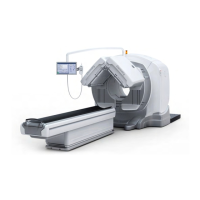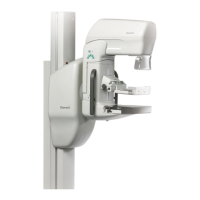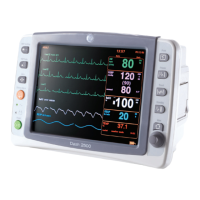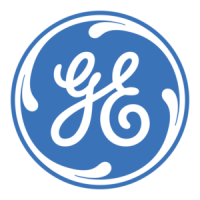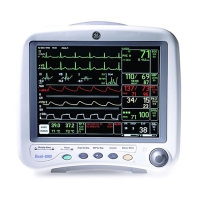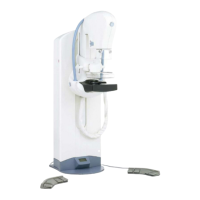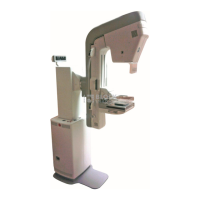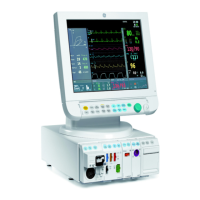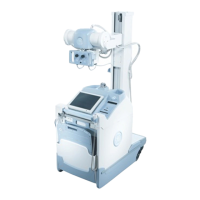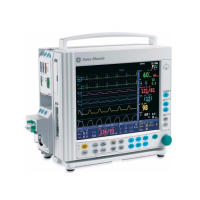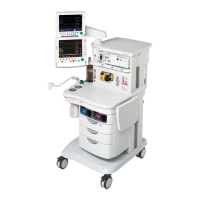GE HEALTHCARE
DIRECTION 2307224-100, REVISION 6DISCOVERY LS SYSTEM SERVICE MANUAL
Chapter 12 - Troubleshooting Page 311
Chapter 12 - Troubleshooting
This chapter contains information that will help when troubleshooting the Discovery LS system and
comprises the following sections:
• 12.1 – System Software Operation Issues on page 311.
• 12.2 – Manual Table Operation Issues on page 316.
• 12.3 – Automated Table Operation Issues on page 322.
• 12.4 – Extended Cradle Table Operation Issues on page 330.
• 12.5 – CT-PET Communication Difficulties Due to NULL Modem Cable on page 338.
12.1 System Software Operation Issues
This section contains a list of problems that may be encountered during operation of the Discovery
LS system, suggests their likely causes and the action that can be taken to rectify the problem.
Problem Likely Cause Suggested Action
Landmark is lost after CT,
just before PET.
Operator changed PET
landmark abbreviation.
Did not move the table to
PET position and started
PET acquisition.
Stop the acquisition, move table to PET position
and restart PET acquisition.
CT study is not transferred
correctly/completely to
Xeleris.
Network problems.
DICOM server problems.
Verify that DICOM server is alive and that the
connection to the Xeleris is alive (ping).
• From the Desktop, select [ImageWorks].
• From the pop-up menu, choose Network.
•Select Remote Host option.
• Select the desired Host from the list and
press [OK].
• From the Network menu, choose Ping
DICOM Host.
• If the connection is alive, a message
"<Hostname> DICOMHost Alive" displays.
• Open a winterm a type:
ps -ef
¦ grep -i dic [Enter]
• Search in the output for a line containing
DICOM. If the connection is alive, this
displays.
Send the data again. If the problem persists,
check the hardware and the network.
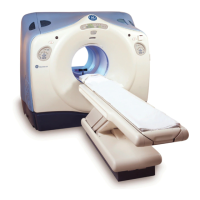
